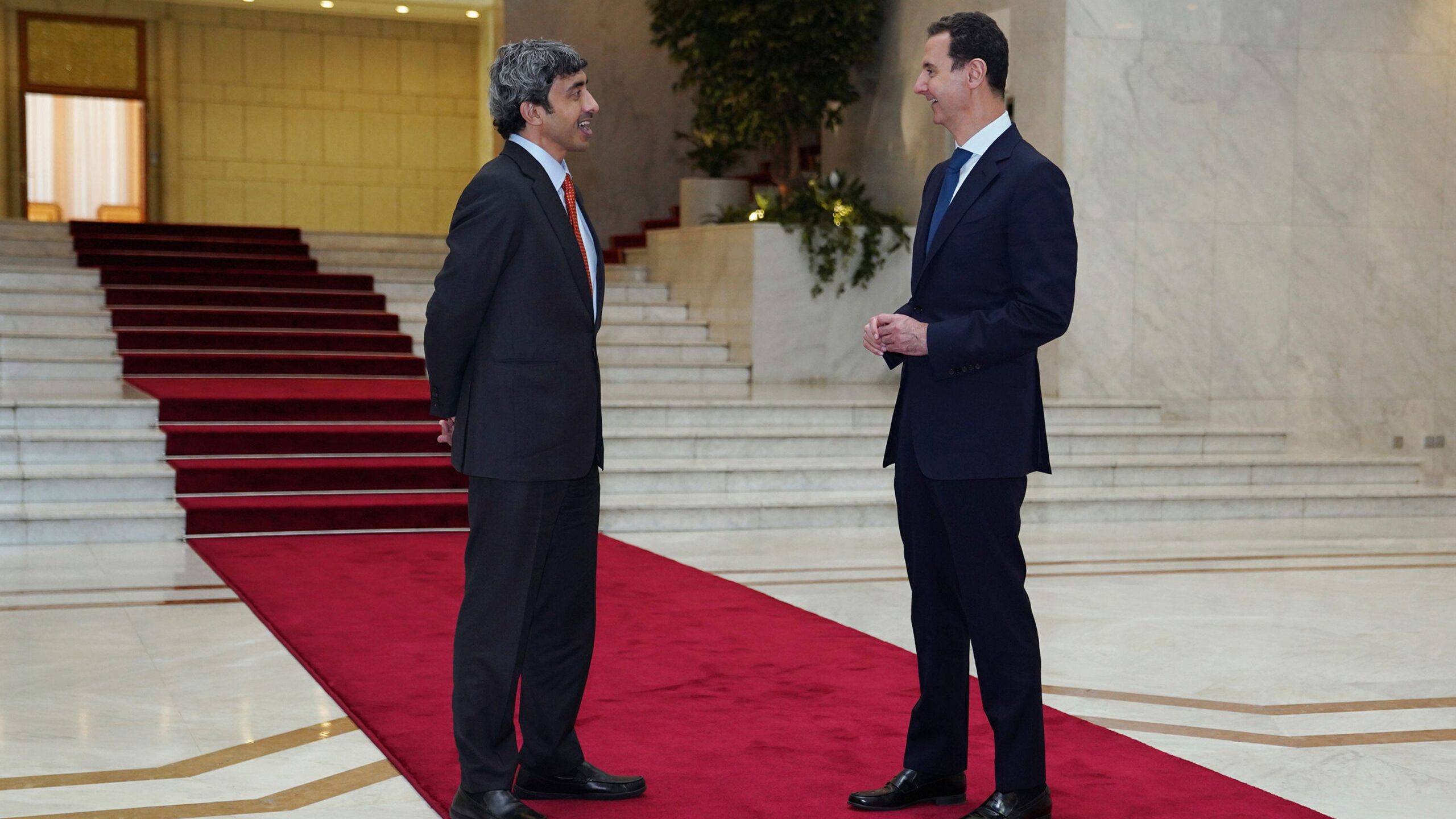On May 26, 2021, Syrian President Bashar al-Assad was re-elected president for the fourth time resulting in further difficulties in creating and maintaining initiatives that seek truth, justice, and reconciliation for the Syrian people. Assad won with 95.1 percent of the vote, in an election that drew international criticism and widespread ridicule. Nearly a third of the population located in the northwestern and northeastern regions of Syria did not take part in the election. But despite the debate concerning the legitimacy of the vote, Assad will remain in power. With no end to his regime in sight, regardless of the crimes against humanity or the destruction of the country and its people, how can the pursuit of truth, justice, and reconciliation happen in a country that is still engaged in conflict? Many world governments believe that the elections were a farce, but Russia, Iran, Venezuela, Belarus, Cuba, and many other countries celebrated the elections and its outcome.
The Arab rapprochement led a lengthy path this year. The first step in “normalization” with the regime started when the Jordanian Chairman of the Joint Chiefs of Staff, Major General Yousef Ahmed al-Hunaiti, received the Minister of Defense and Chief of Staff of the regime’s army, General Ali Ayoub, who arrived in the Jordanian capital Amman on September 19th. Then, on September 29th, the Jordanian authorities reopened the Jaber/Nassib border post with the regime, to passengers and freight traffic, after nearly two months of its closure due to the battles that took place in southern Syria between the regime’s army and some of the opposition factions that remained in the area.
In a real breakthrough, the UAE Foreign Minister, Abdullah bin Zayed, visited President Assad in Damascus in November. The visit marked the latest in a series of diplomatic overtures that point to a shift underway in the Middle East where several Arab countries are reviving ties with President Bashar al-Assad.
On new year’s eve, Bahrain appointed its first ambassador to Damascus since it downgraded ties early in the conflict in Syria. The appointment of Waheed Mubarak Sayyar, reported on Thursday by Bahrain’s state news agency BNA, is part of a diplomatic shift in the Middle East. Bahrain has said its embassy, and the Syrian diplomatic mission in Manama, have remained operational.
On October 28th, the Secretary-General of the Arab League, Ahmed Aboul Gheit, announced that Algeria, Iraq, and Jordan wish for the regime to return and occupy its seat in the Arab League. Aboul Gheit also stated in a televised interview that “some Arab countries (he did not name them) are quietly opening up to Syria.” On November 12th, 2011, the League suspended Syria’s membership, with the approval of 18 countries and the opposition of 3 others, namely Syria, Lebanon, and Yemen, with Iraq abstaining from voting.
The sixth round of the Constitutional Committee meetings collapsed after a busy week. The United Nations envoy to Syria Gere Pedersen had said that the new round was a “big disappointment”. “We did not manage to achieve [what] we had hoped to achieve – that we would have a good discussion to reach forward on some kind of consensus, he said, adding that the government delegation decided not to present any new text, while the opposition groups only responded to draft texts from the government and civil society… We lacked a proper understanding on how to move that process forward,” he said, adding that there needs to be more trust and political will.
Astana and the renewal of understandings
The 17th round of the international meeting on Syria was held in Kazakh capital Nur-Sultan with the attendance of representatives of the warring parties, as well as the guarantor countries Turkey, Russia, and Iran. “At the meeting, latest developments in the political process, the situation in Idleb, humanitarian aid and counter-terrorism issues were discussed,” the Turkish ministry said in a statement. The Syrian regime joined the meeting with a delegation headed by Deputy Foreign Minister Ayman Susan and the opposition with a delegation headed by Ahmad Tohma. Syria’s neighboring Iraq, Lebanon, and Jordan are also taking part in the meetings with observer status, along with UN special envoy for Syria Geir Pedersen. The participating sides also declared their commitment to “advancing the political process in accordance with UN Security Council resolution 2254.” “In this context, they called for holding the seventh round of the Constitutional Committee as soon as possible with a constructive approach by Syrian parties,” it said.
Brussels Fundraising Conference
On March 30th, the work of the Fifth Brussels Conference was launched to support the future of Syria and the region. International donors pledged some $6.4 billion in financial aid to the Syrians during a donors’ conference in Brussels.
Expanded Ministerial Conference on Syria
Kicking off the ministerial meeting of the Global Coalition to Defeat ISIS in Rome in June, U.S. Secretary of State Antony Blinken called on countries to “repatriate, rehabilitate, and where applicable, prosecute their citizens” imprisoned in Syria fighting for ISIS. Great Britain, France, and other countries have been reluctant to repatriate ISIS fighters, amid concerns about domestic terrorism and the unpopularity of doing so across Europe. (Former President Trump threatened to “release” ISIS fighters into France two years ago.) He noted the actions of several nations, singling out the host nation Italy as “one of the few Western European countries willing to return nationals from the region” — including a female fighter and her children. Blinken also underlined the need for the coalition to expand its efforts in Africa and deny the terror group and its affiliates new recruits by “undermining its brand” and “sharing positive alternative narratives” online and on social media.
The year’s most controversial step came on October 7th, when the International Criminal Police Organization (Interpol) decided to reintegrate the Assad regime into its information exchange system after it suspended it in 2012 in the context of international sanctions against the Syrian government.


